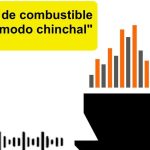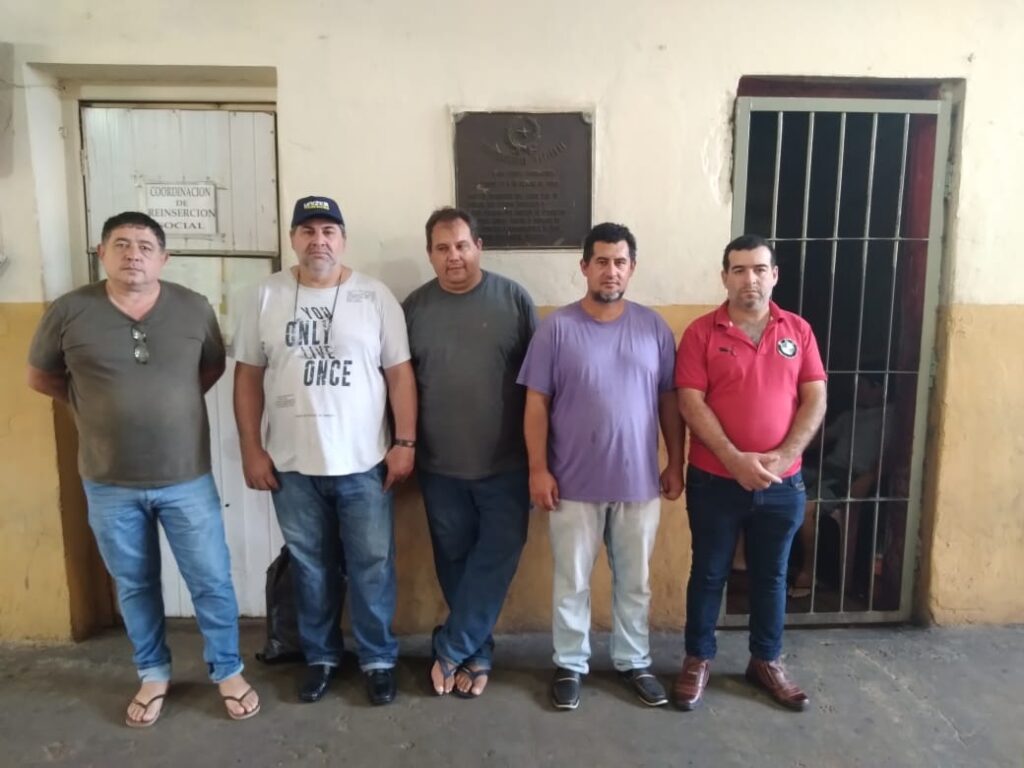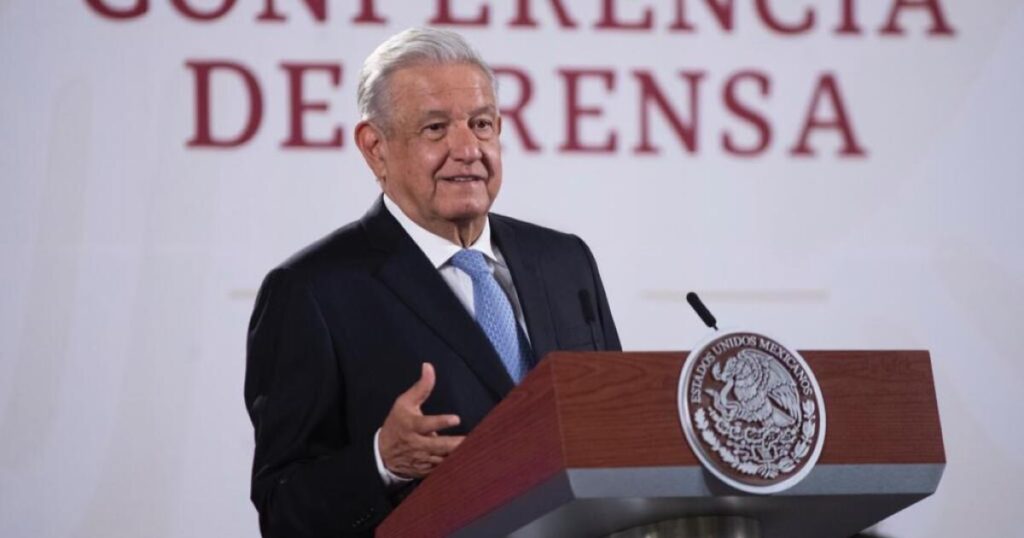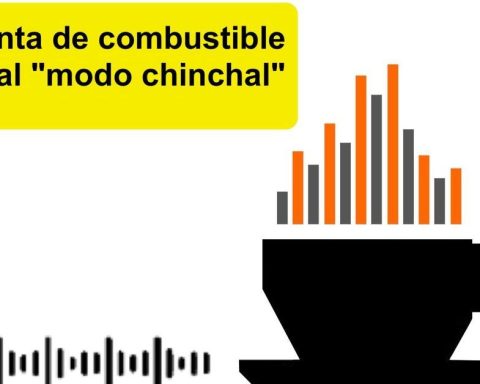The economy of Latin America and the Caribbean will grow 2.5% in 2022, but the war in Ukraine increased uncertainty and sent prices soaring, the IMF reiterated on Tuesday when publishing its outlook for the region.
The war following the Russian invasion of Ukraine “is convulsing the world economy and raising uncertainty about the prospects for Latin America and the Caribbean,” the IMF says in a blog post.
Although the agency expects Brazil to grow 0.8%, Mexico 2%, Colombia 5.8%, Chile 1.5%, Peru 3% and Argentina 4% this year, this means “very important reductions compared to the rates of two digits from the previous year.
By areas, South America will grow 2.3% this year and Central America, Panama and the Dominican Republic 4.8%. For the Caribbean, it distinguishes between the economies dependent on tourism, badly hit by the pandemic, with 3.2%, and the exporters of raw materials (Guyana, Suriname and Trinidad and Tobago) that take the best part, with 20, two%.
‘lose momentum’
Even before the war, the recovery of Latin America and the Caribbean “was already running out of steam.”
The impact is now being felt through rising prices, forcing countries to adopt measures “to cushion the blow on the most vulnerable and contain the risks of social tension.”
Several nations have reacted with measures ranging from “the reduction of taxes and import tariffs to price limits or social transfers.”
Nearly 40% of the countries have introduced new measures, especially on the tax side, “with an estimated average fiscal cost equivalent to 0.3% of the Gross Domestic Product,” he points out.
To reduce the risk of social tension, governments should support low-income households “and let domestic prices adjust according to international prices,” recommends the IMF.
Other risks are looming, in addition to inflation, warns the IMF, which cites a possible escalation of the war or the rise in interest rates in the United States, which could fuel an outflow of capital from a region in need of investment.
The authors of the blog -Santiago Acosta-Ormaechea, Ilan Goldfajn and Jorge Roldós- advocate protecting “spending on social programs, health, education and public investment”, while “tax reforms are implemented”.











